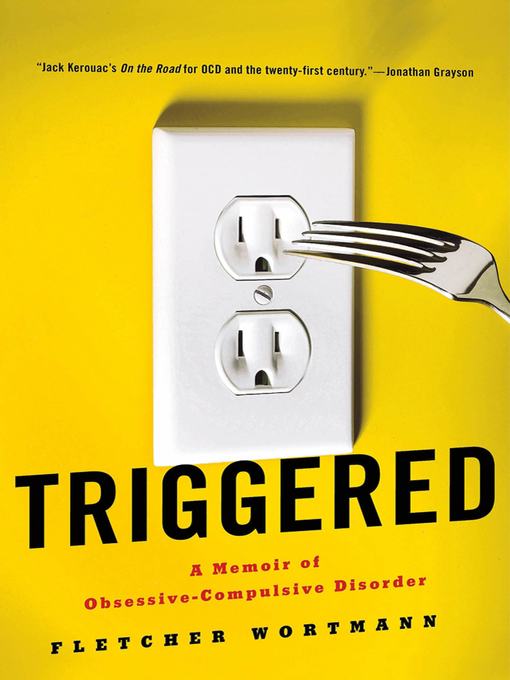
Triggered
A Memoir of Obsessive-Compulsive Disorder
احساسی از نظم ملکی - احساسی
کتاب های مرتبط
- اطلاعات
- نقد و بررسی
- دیدگاه کاربران
نقد و بررسی

October 31, 2011
In this well-meaning though uneven book, Wortmann, a journalist and actor who was diagnosed with obsessive-compulsive disorder, admits that his life has been an agreeable one, but he can now look back and see how OCD’s tentacles had wrapped themselves around him even as a young child as well as the ways in which the disorder affected his college years. He recalls his childhood, in the 1990s, as a lonely one; as a first-grader he didn’t allow himself to make friends because he was so terrified of social rejection. By third grade, he had struck a bargain with his OCD, and in that moment he became subservient to it. Wortmann developed strategies for coping with OCD through high school and his college years at Swarthmore (where he published an early version of this memoir and graduated in 2009), including mastering video games and listening to David Bowie. When he became involved in sketch comedy at Swarthmore, those friends became a lifeline for him as his mental state began to degenerate and he entered McLean Hospital, near Boston, where he was diagnosed and began rounds of therapy for OCD. Although Wortmann’s story could be the story of anyone with OCD, it’s only after plodding through his muddy prose that we get to the moment of recognition that he and we have been seeking: that he will have this disorder until he dies, and that he is, and will, continue healing, which is enough.

January 15, 2012
Uneven but ultimately satisfying memoir of a young author's OCD. Growing up in Massachusetts, comic-book fan and video-game aficionado Wortmann managed to keep his undiagnosed obsessive-compulsive disorder relatively in check. That all changed, however, after high school when the pressures of higher education and encroaching adulthood conspired to undermine his efforts at health and happiness. Trapped in the confines of an increasingly tormented brain, the author spent his early days at Swarthmore College drinking too much and carrying on an ill-advised relationship with an equally disturbed young woman. He would not emerge from the OCD wilderness without a prolonged stay at a mental-health facility specializing in OCD. Wortmann writes eloquently about his battles with OCD, constructing dense, dramatic prose to convey even the tiniest observations. He goes on at length, for example, about the social dynamics of Swarthmore and even the divergent personalities of his beloved childhood pets. Yet there remains a certain distance attributable to the overly complex and self-indulgent narrative. Although evident, Wortmann's anguish consistently takes a backseat to the next well-crafted (overbaked?) sentence. The author has a background in comedy, which could explain the exactitude of his narrative, a possible comedic counterpoint to the distressing chaos of the subject matter. What's lacking is a more vivid portrayal of Wortmann's particular brand of OCD. Excessive hand-washing and compulsive checking are easy to depict. "Pure-O" compulsions--unseen rituals performed in the mind to fend off unwanted thoughts--are a lot tougher to relate. Unfortunately, readers end up with a far greater understanding of Swarthmore's dating scene than the author's unique type of disorder. Many questions about the exact nature of Wortmann's OCD rituals remain elusive, but his inspiring victories after successful treatment ring true.
COPYRIGHT(2012) Kirkus Reviews, ALL RIGHTS RESERVED.

























دیدگاه کاربران